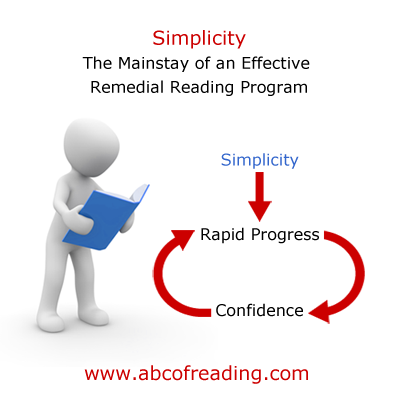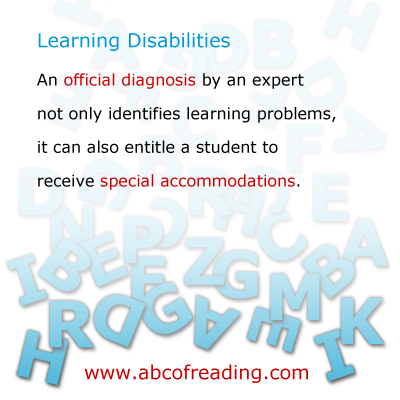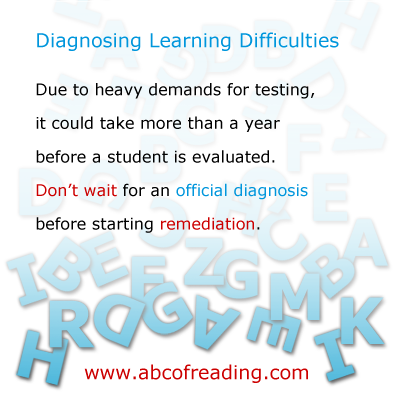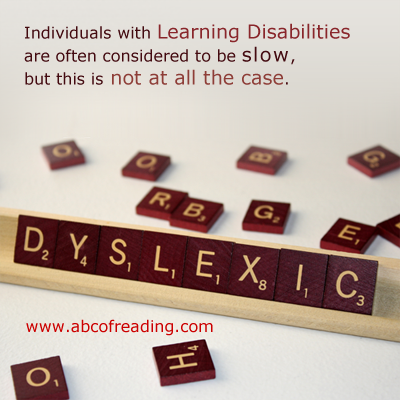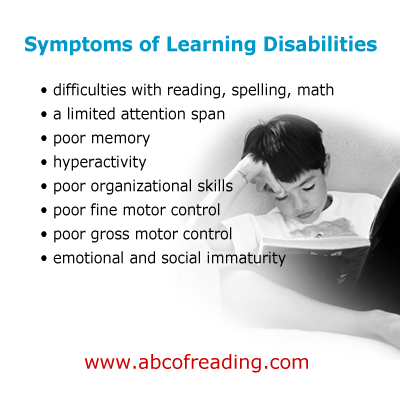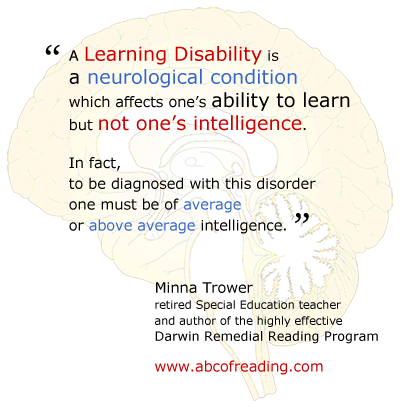Introducing a remedial reading program which addresses problems of various origins including dyslexia, and individuals of all ages. To accommodate this wide range of age, the Program has two titles as well as two sets of teaching instructions.

My name is Minna Trower. I’m a retired special education teacher and have created a highly effective remedial reading program which has been winning the respect of teachers, principals, psychologists and parents.
The rationale behind the Program’s success lies in the fact that I am dyslexic and dysgraphic myself. Definition of Dysgraphia: A neurological condition which affects one’s ability to write in a coherent and concise manner. As a student, I went through many trials and tribulations. However, there is a silver lining to my experiences as it was the insight they provided that has allowed me to pinpoint the essential skills and develop an easy to grasp, student-friendly program.
A word on my struggles with dyslexia. I didn’t become a competent reader until my early 20 and while my writing skills have improved significantly over the past few years, it still takes me a long time to get my thoughts down in a coherent manner.
Hopefully, the following testimonial will stimulate interest in this work.
When I first met a severely dyslexic 12 year old, she could not read words such as log, hut and tap. However, within 15 minutes of her first session she was applying the Program’s unique decoding techniques and independently reading words of this nature.
Her resource teacher had sat in on the session and was so impressed that she bought the Program then and there. She was using it within a couple of days and continued to do so until she retired. She later mentioned that within the two years she had used the Program she didn’t encounter a single child who did not benefit from it.
For additional testimonials, refer to Examples of Effectiveness and Letters of Acknowledgement on our website – www.abcofreading.com.
Please consider informing others of this site as you never know who might need a little help and would thus appreciate discovering a work that truly enhances lives.


